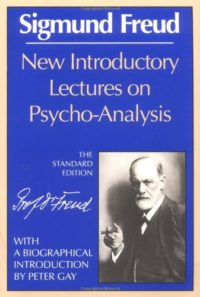
Every modern, educated person should read this book’s predecessor, the (old) Introductory Lectures on Psychoanalysis. For those interested in learning still more about psychoanalysis, the New Introductory Lectures are also vital. The latter work reflects clarifications in Freud’s thinking since the original lectures given from 1915 to 1917 at the University of Vienna.
His daughter Anna … Read More
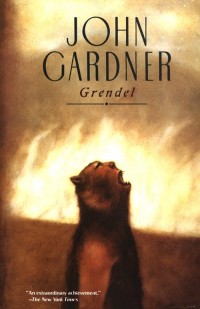
A brilliant, savage satire of existentialism and postmodernism. Gardner wrote against his times and hated other famous writers publicly (see for yourself here), and one ought to admire him for his iconoclasm. He was an uncommon man with real balls. To understand Grendel it’s necessary to know of Gardner’s disdain for what he called the … Read More

Last Sunday morning a little before 9 o’clock, my wife and kids and I trooped up the front steps of the Brooklyn Public Library at Grand Army Plaza. As Hemingway would say, “It was hot.” It was also so humid, the sun seemed to float in the air and it felt like you could have … Read More
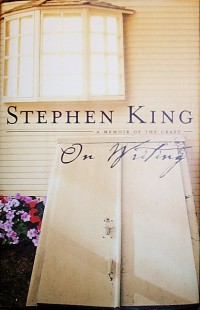
Apparently, the entire Stephen King industry was spawned by a daydream about naked teenage girls in the shower, pelting another girl with tampons. And there’s a great lesson in that: a creative writer can’t censor himself–more than that, he has to pay close attention to his own imaginings and memories without shame, has to go … Read More
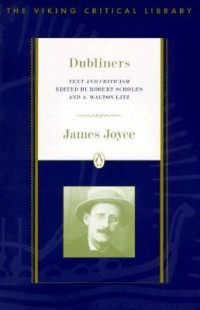
Dubliners was James Joyce’s first book, and it’s his most accessible, and possibly his most influential. The critic A. Walton Litz called Dubliners “a turning point in the development of English fiction.” Marc Wollaeger, editor of the Oxford Casebook on A Portrait of the Artist as a Young Man, writes that “Dubliners … virtually invented … Read More
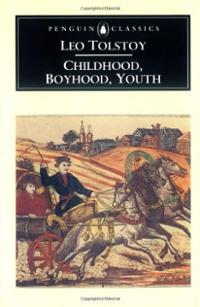
When Leo Tolstoy was two, his mother died; when he was eight, his father died; and he writes movingly of a child mourning the death of both mother and father in his first novel Childhood, Boyhood, Youth. It’s one of the few novels that addresses the subject of childhood loss directly and realistically. The theme … Read More
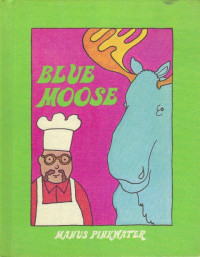
” ‘Dave is very shy,’ the moose said. ‘He would appreciate it if you didn’t say anything to him until he knows you better, maybe in ten or fifteen years. He knows about your gingerbread and he would like to try it.’ While the moose spoke, Dave blushed very red, and tried to cover his … Read More
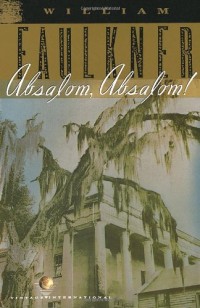
Biographer David Minter relays a fitting anecdote about Faulkner in Oxford, Mississippi, when Faulkner was less than ten years old. Young William and his grandmother, who he called “Damuddy,” liked to build “miniature villages in the family’s front yard,” Minter writes, “using sticks, grass, stones, and glass.” As an adult, Faulkner carried on building imaginary … Read More

Richard III was Shakespeare’s first great play, and it casts its touchstones across his oeuvre all the way into the forms of his last great play, The Tempest. Seas, storms, and a misbegotten devil are the ensigns that bookend the greatest literary oeuvre of all time like components of a recurring dream.
Now is the winter … Read More
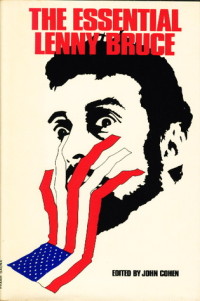
I think Lenny Bruce probably changed my uncle Zack’s life. Without the precedent of Lenny Bruce, I don’t think my uncle could have said #$%* and @&*! nearly as much as he did. From Lenny Bruce to my uncle Zack to me has descended the sacred right to say #$%* and @&*! when you stub … Read More
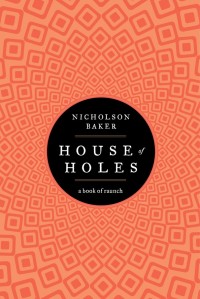
Post-Freudian expressionism has now had a century to percolate throughout the arts. I think in particular of painters and writers, Spaniards and Jews. Picasso, Miró, and Dalí. Sensuous dreamers like Modigliani, Chagall, and Soutine. Kafka and Singer and Marquez. But lately it’s disseminated as far as white-bread Montana Eagle Scouts like filmmaker David Lynch and … Read More

There’s something vaguely nauseating about looking under the hood, yes? I want to hear the music, I don’t want to think about the speakers, or even about syncopation or harmony, the Mixolydian mode or the bridge, and certainly not about the trail of human gore that lies behind a commercial song; I want to eat … Read More

Nobel-prize-winning physicist Erwin Schrödinger published the essay “What is Life?” in the 1940s, before the elucidation of the structure of DNA, and in it he conjectures about the molecular structure of the matter in our chromosomes, which he presumes to be an “aperiodic crystal.” Physicist Roger Penrose tells us that Francis Crick (one of the … Read More
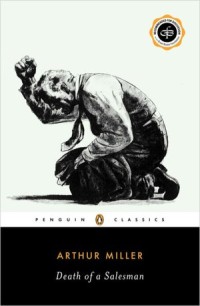
“Sometimes you are not happy to hear the truth, because it hurts inside,” Georges Perrier, chef of the famous Philadelphia restaurant Le Bec-Fin, told the New York Times upon his retirement. “But I have to accept it.” Perrier retired shortly after a newspaper review skewered the restaurant for a terminal decline in quality.
Impressive, in a … Read More
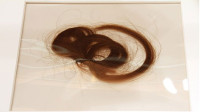
The Museum of Modern Art defines a Wunderkammer like this:
Wunderkammern, or cabinets of curiosities, arose in mid-sixteenth-century Europe as repositories for all manner of wondrous and exotic objects. In essence these collections—combining specimens, diagrams, and illustrations from many disciplines; marking the intersection of science and superstition; and drawing on natural, manmade, and artificial worlds—can be … Read More